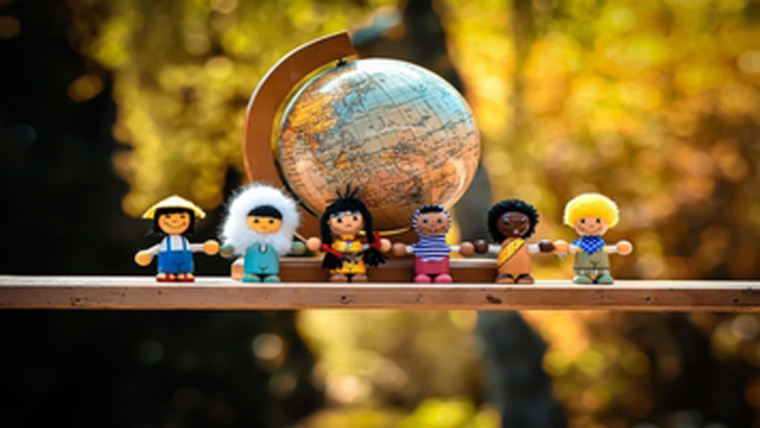
Local politics, local news, global audiences. As technology has advanced, we have become not only more intimately aware of those around us, but of events and happenings from across the world.
This phenomenon (colloquially called ‘globalisation’) means that a council election in Christchurch feels as close as, say, the war in Ukraine or the recent US Supreme Court ruling on abortion. The accessibility of news coverage on these issues leads us to perceive these events at all the same levels of intimacy.
What we fail to realise is that though we may watch all these events unfolding on the same local news station, reported on by the same broadcasters, this does not change the reality that we do not understand or should care about these situations in equal amounts.
Are we really all that similar?
Before you think I am not concerned about what is happening in Ukraine or what has unfolded in the US, let me clarify. I am deeply concerned and mindful of these events.
But I am not a Russian and I am not an American, and that matters.
Though news media may report on the atrocities of what is happening in Ukraine (and rightfully so should the world be made aware), who am I, a New Zealand citizen, to understand what is happening in Ukraine and Russia at this time?
I have no concept of the lived experience of the Soviet Union’s collapse, the fragile Russian border and the insecurity of Vladimir Putin, the Ukrainian yearning to be independent of not only a historically dictatorial force, but now an invading one?
Living on an island in the South Pacific, I have no lived concept of this.
More recently, media coverage of the US Supreme Court decision on abortion begs other questions (putting aside whatever view one has on the abortion debate itself).
I have no concept of US constitutional history, the complexity of a judiciary which has authority to make law-like decisions, where elected legislators have not actually legislated for a myriad of reasons at the federal level, and where a federal system of government actually means ‘federal’.
Living in a nation with a unitary parliamentary system, I have no lived concept of this.
When globalisation fails
Harking back to high school geography, globalisation often meant the increase in trade, interconnection, multiculturalism, and information.
The reality is that globalisation also means something far more subtle: the belief that, no matter where we are, we are not all that different.
This reminds us of a great biblical truth: every life has dignity and rights. Yet, this also leads us to believe that because we are not all that different, we all must think the same, act the same, and that context does not really matter.
What results, however, is not increased interconnectivity, but a lack of understanding, of compassion, and awareness of self. When we begin to believe that context does not matter, we forget history, and history forgotten is often history repeated.
An everlasting commonality
Before globalisation, there was the Gospel. As we seek to understand the importance of context and remember that we are not as similar as we might be led to believe, may we remember the truth of the Scriptures.
Galatians chapter 3, verse 28 reads, “There is neither Jew nor Greek, there is neither slave nor free, there is no male and female, for you are all one in Christ Jesus”.
Though we may be different, with different contexts and histories, may we remember that in Christ, all believers are one. As we seek to understand not only world events, but their contexts, may we approach each of these with compassion and a profound concern for one another.

Hailing from North Auckland, Blake Gardiner sounds American, looks Swedish, but grew up in Laos. As an introvert, Blake lives life on the edge by socialising. When he isn’t putting his life at such risk, he enjoys reading theology and debating whether Interstellar is truly the greatest movie of all time. Blake is married to fellow young writer Jessica Gardiner.